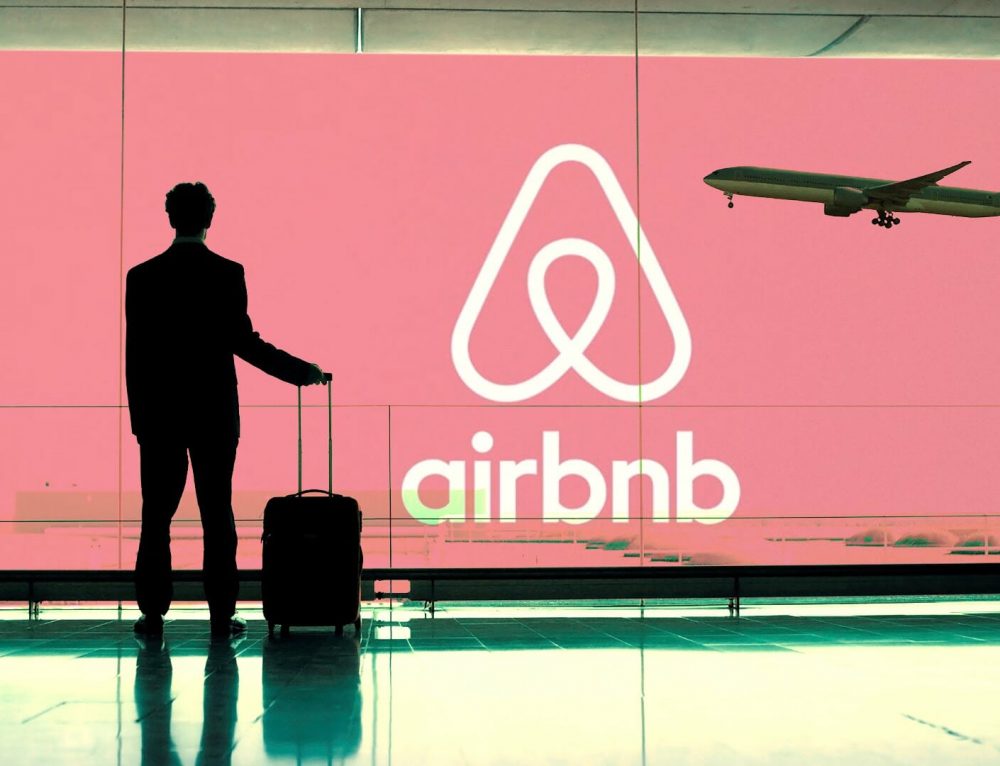Airbnb was set to expand its set of offerings and finally go public this year—then coronavirus struck.
“I’m not sure if there’s a more difficult thing that a CEO of a travel company could ever do than go through this,” Brian Chesky, CEO and co-founder of Airbnb, said in an interview with Business Insider earlier this month regarding the financial and ethical dilemmas facing his company. “You feel like you were T-boned, or like a torpedo has just hit the ship.”
If not for the coronavirus, Airbnb Inc., the world’s largest lodging company, would have been making its initial public offering right about now. Yet circumstances change. Tourism industry experts who initially predicted a weekslong pause in the hospitality business are now talking in terms of months—or even seasons. And Chesky is feeling the heat.
Airbnb continues to be viewed as Silicon Valley’s most promising startup, but the company is suddenly facing a broad range of challenges. Expenses exceeded $5 billion in 2019 as the firm threw money at new offerings, such as package tourism, aimed at increasing revenue ahead of the IPO. In April, Chesky raised $1 billion in loans, but the deal includes warrants that value the company at $18 billion, down 40% from what investors thought it was worth in 2017.
Early on in the crisis, Airbnb was forced to create a $250 million fund to reimburse the platform’s hosts after the company was forced to distribute refunds to guests who had booked stays in advance. Yet an even bigger issue is how they will find customers willing to stay in other people’s homes in the uncertainty of a post-lockdown world. At the beginning of May, the company shed 1,900 members of its approximately 7,500-strong workforce—or approximately 25% of its employees.
The impact on Airbnb is sure to be widely felt across the U.S. and other economies, in part because of the way the company has grown. While the firm initially marketed its offerings toward budget travelers, entrepreneurs soon began leasing Manhattan apartments for $4,000 a month and listing them for twice that amount for a few nights at a time. These micro-hoteliers used their profits to build portfolios. Roughly two-thirds of Airbnb’s 1 million U.S. listings come from hosts who manage more than one property, according to the research firm AirDNA.
Some local governments in the United States responded by banning or limiting short-term rentals, starting long, drawn out legal battles that Airbnb is still fighting today. Even so, the company kept adding listings. Today Airbnb has more than 7 million listings, including 1.3 million in Asia. Chesky has often spoke of increasingly diverse and ambitious offerings to come, from package tourism to the company creating its own airline.
Coronavirus fallout
Then came the pandemic and its accompanying government lockdowns, hitting large chunks of Asia, Europe, and finally, the U.S. By the second week of April, the U.S. hotel occupancy rate, normally 70% at this time of year, had fallen to 21%. Airbnb has said its revenue could drop by 50% this year, according to projections shared with prospective investors. Of course, it could be even worse. Nobody knows how—or when—the “new normal” begins.
Airbnb had more than $1 billion worth of reservations in the bank when global lockdown measures took effect, and unlike hotels, home-sharing sites generally require customers to prepay for their lodgings. Airbnb hosts, unlike hotels, are often sole proprietors without credit lines or much capital. The potential knock-on effects for the company could affect people far beyond investors and employees.
Predicting the way in which a recovery of the travel industry will occur is easier than pinning down the timing. Analysts say that destinations that can be reached by car, as opposed to air travel, are a good bet to recover first. Beach resorts, where people can continue to practice social distancing, seem like a better bet than urban destinations. But nothing is guaranteed.
Chesky is hoping that the post-COVID-19 recovery will see Americans more eager to list spare bedrooms, garage apartments, and second homes, even if it means taking in a potentially asymptomatic house guest. He has said publicly that he sees additional opportunities in offering longer-term rentals to city dwellers looking for a protracted retreat where they can work remotely at a safe social distance.
Ultimately, travel has always inherently been a little bit scary—it’s about leaving behind a comfort zone and embracing risk. Airbnb and other industry players, including millions of Airbnb hosts, will be hoping that travelers’ confidence, and their sense of adventure, return quickly and safely.












